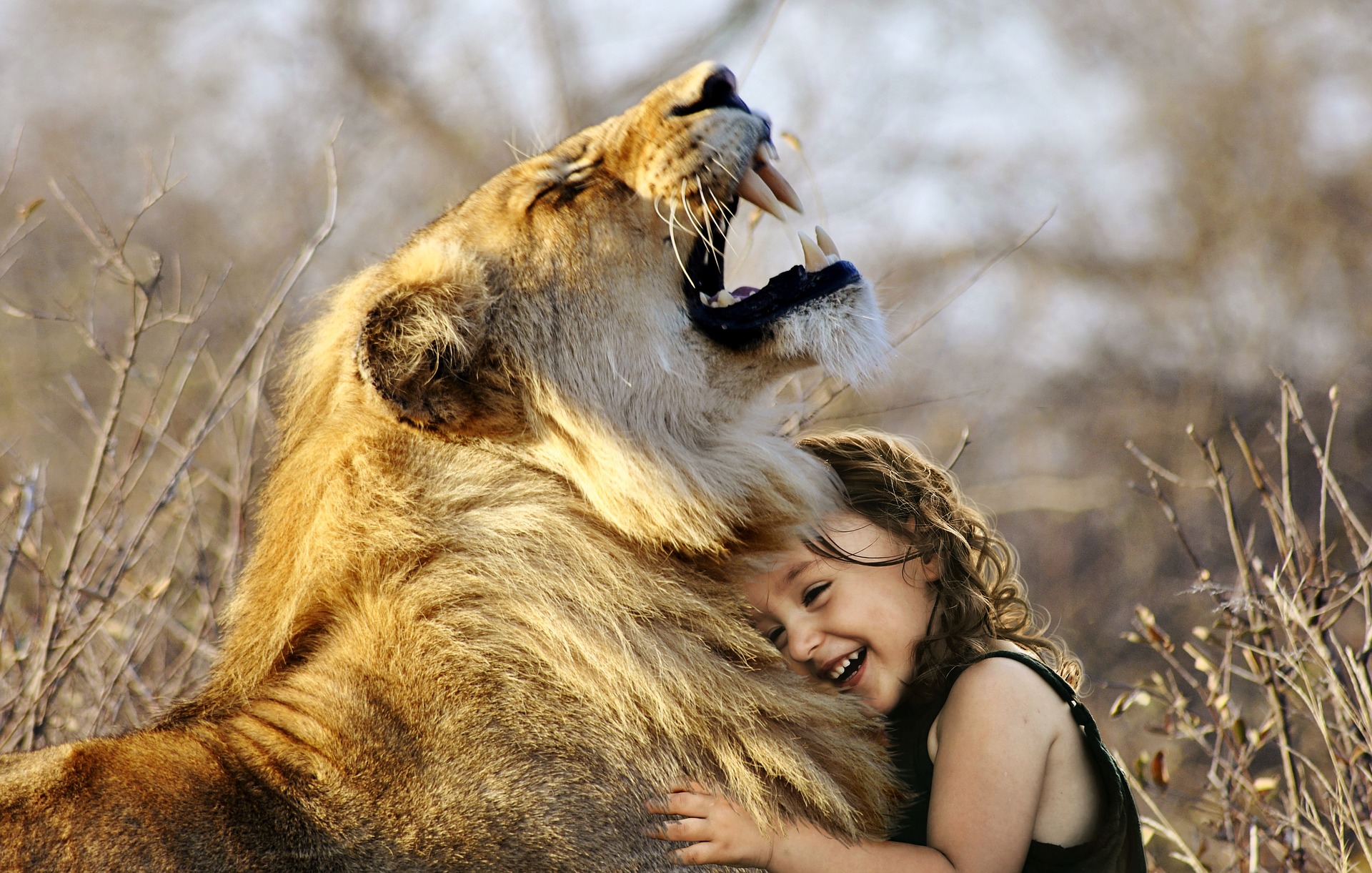I attended a talk recently that brought home one of the most difficult balancing acts in restoration: love and power. The speaker was Adam Kahane, an internationally recognized expert on conflict resolution and the author of Power and Love: A Theory and Practice of Social Change. He led with this quote by Martin Luther King, Jr., which kind of says it all:
“Power without love is reckless and abusive, and love without power is sentimental and anemic.”
In order to have balance, we need both power and love in all areas of life. The definition of power Adam provided is particularly helpful. He defined power as the drive of everything living to fully realize itself. The psychologist Robert Kegan called this agency. Adam defined love as the drive to unite what has been fragmented. Kegan called it communion.
This definition of power makes is clear that power isn’t an inherently bad thing. Yes, it can be misused and lead to horrific abuses when not balanced with love, but it can also be used to bring about justice and accountability. Another point he emphasized was that individuals will tend to favor either love or power. I certainly know that I’ve been leaning toward love for the past several years. I haven’t really questioned this. We all know that more love is needed in the world, right? But love also has its shadow side. Love can become about conformity, about keeping the peace at all costs, about emphasizing oneness at the expense of diversity. When this is what it’s about love can stifle personal growth and social change, it can become “the embrace that suffocates.”
I see more clearly than ever how balancing an imbalance in the direction of love with more power will actually serves me, my relationships, and the world so much more. It makes space for the marriage of masculine and feminine energies, the deep and empowered wholeness that so longs for expression. I think the imbalance of love and power is why angry, unconscious protest turns me off as much as seemingly endless consensus meetings where so little get done. Or why the sense of foreboding comes when a client is firmly rooted in the love camp – I fear they will be swallowed up, unable to stand their ground, and their very admirable intentions will not be realized.
I love the humility that comes with these realizations. What is the way forward from here? What are the teachings and practices that can help us strike the balance between love and power? Accountability comes up for me as a guidepost. On the personal level, being accountable to myself and others, being accountable to my intention to sow seeds of peace in my life and in the world. Love is clearly the source of this. There is also an accountability that (true) adults hold each other to. This also arises out of love and includes a fiercer quality. Fierce love. I like that. It speaks to a balance of love and power, a love that is connected to the pain and suffering in the world and the need for change, while still holding love as a guiding truth.
Restorative justice models the kind of accountability and fierce love I’m talking about. Justice without punishment, truth-telling without blame, community-building through respect and dialogue. Accountability, personal responsibility, truth-telling, humility, vulnerability, all these can help us balance love and power on the path of restoration.
Scott

